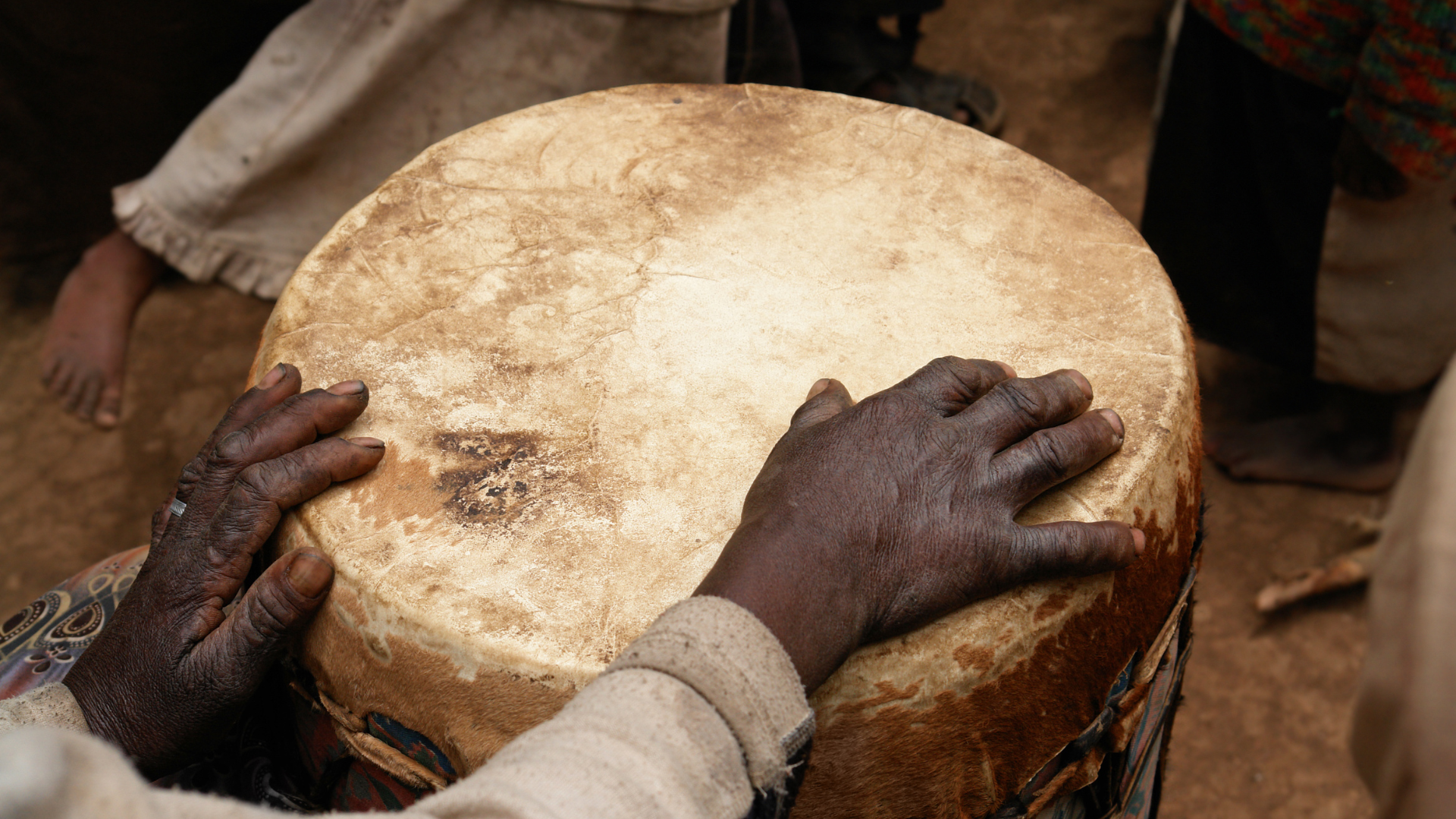AIDN’s core ethos is ‘more’ and ‘better’ global giving and we seek to foster an environment for the discussion and exploration of how we define these terms in an ever-changing international development ecosystem. Alongside our events, webinars and resources, The AIDN Beat is a key way to achieve this goal. The AIDN Beat strives to keep up with the rhythm of the international development sector and cover a broad range of subjects: from innovative development financing, to leading case-studies of programs on-the-ground, to the need for a genuine commitment to localisation.
We are also deeply committed to amplifying diverse voices. Consequently, we accept submissions to The AIDN Beat – so that our dynamic network can shape the discussion too. If you would like to submit content for The AIDN Beat, then we would love to hear from you. Get in touch with us (via hannah@aidnetwork.org.au) and we will share our editorial guidelines.
Subscribers of The AIDN Beat will receive a bi-monthly email where we’ll share recent pieces from The AIDN Beat, alongside curated pieces from other international development platforms and provide a recommendation for a relevant text, film or podcast.
If you’re are not currently signed up to receive The AIDN Beat or our newsletter, you can do so by filling in the form below.
Sign Up
NEWS & RESOURCES
Latest Stories and Developments
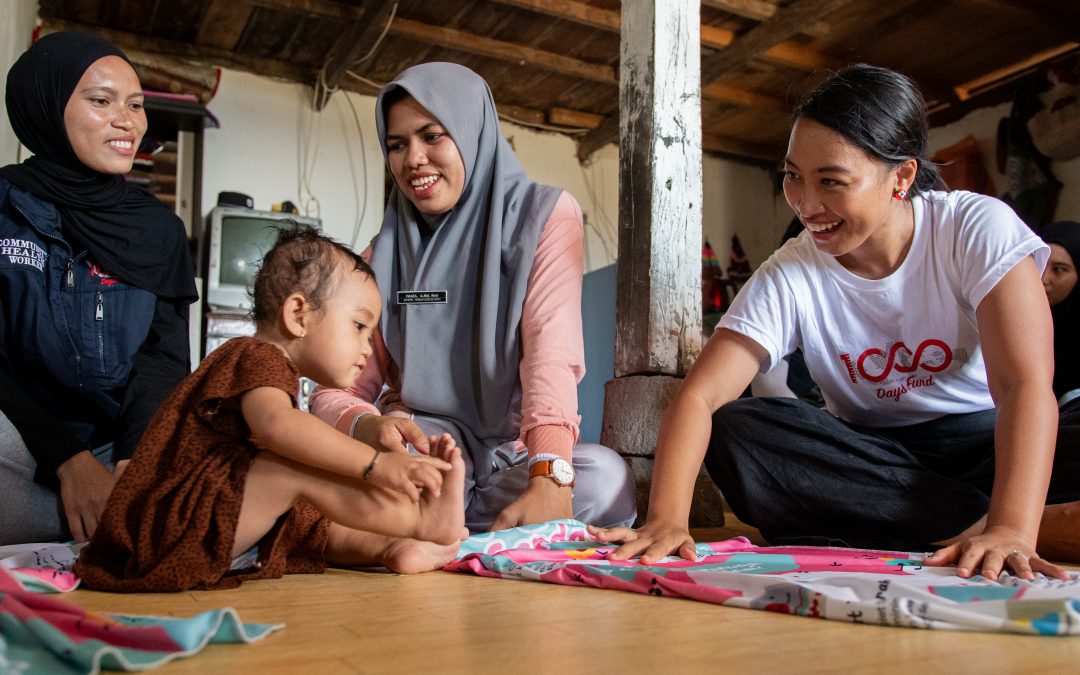
Are founders the new funders? The case of the 1000 Days Fund and Black Licorice.
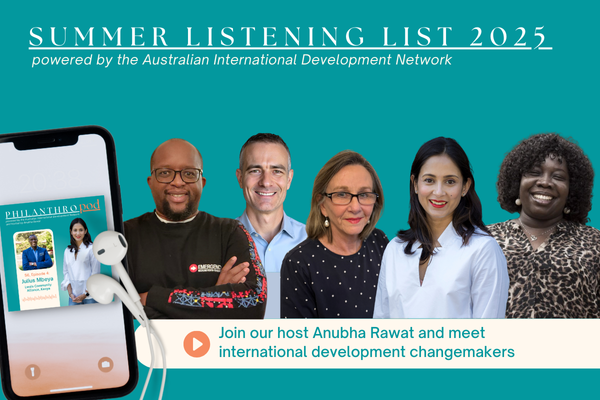
AIDN’s 2025 Summer Listening List

Climate change does not cause land conflict; it exacerbates it: Latest research insights on land governance from Nigeria, Somaliland, South Sudan, Sudan, and Chad.
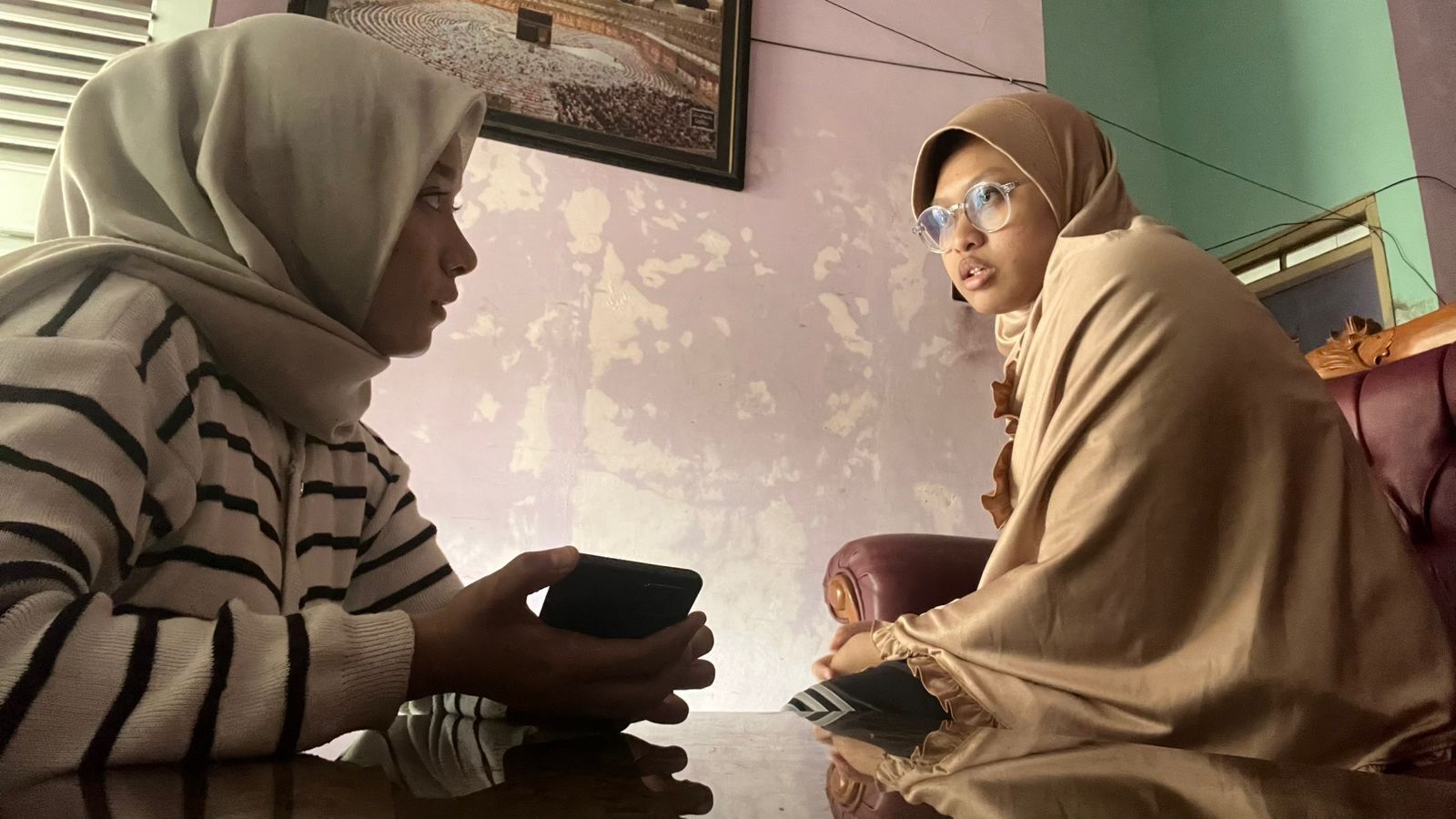
Financial inclusion in 2025 – time for a health check.
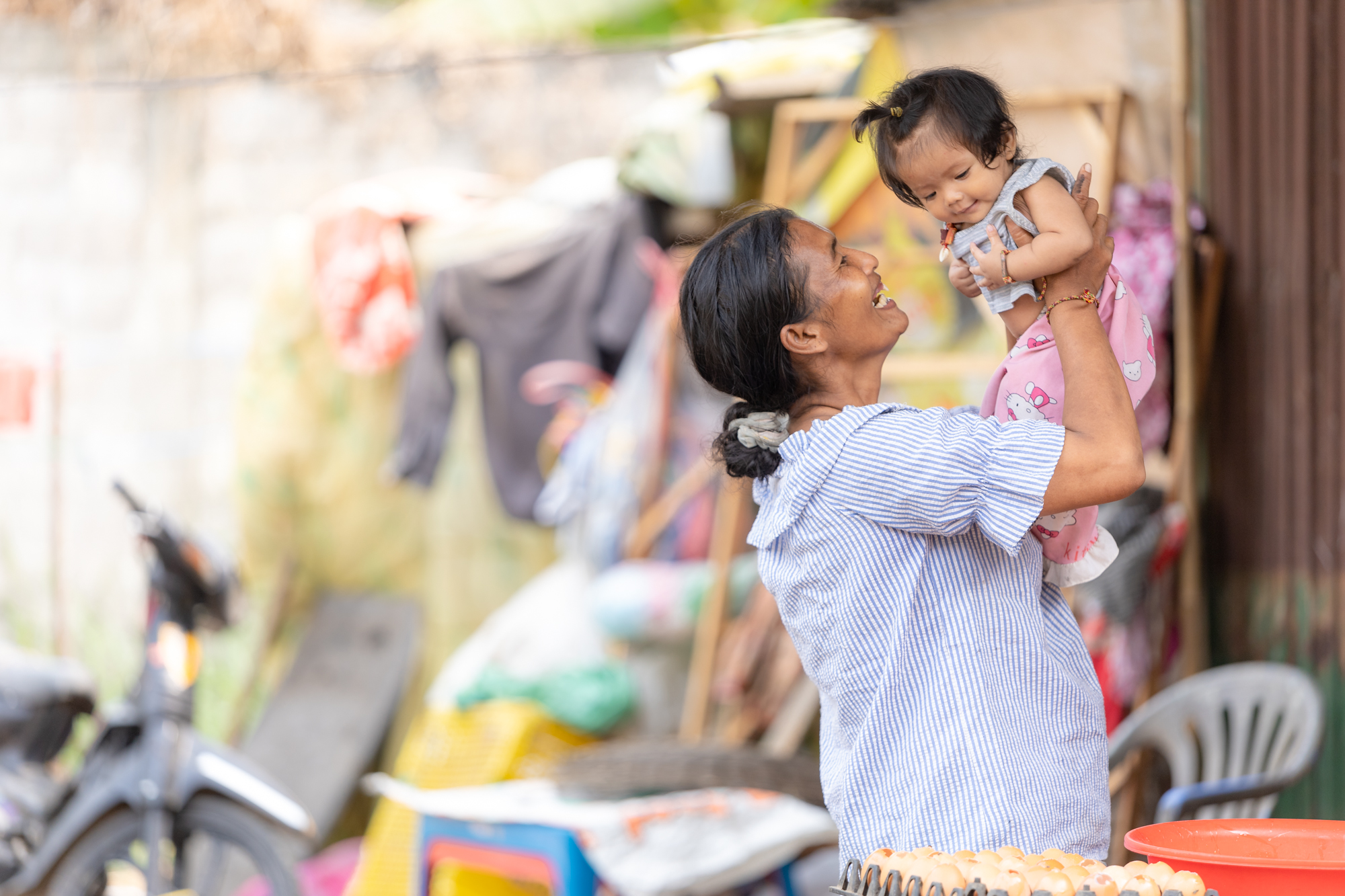
Rethinking localisation – Beyond the illusion.

Cross-sector partnerships: 5 years of lessons from Bangladesh.
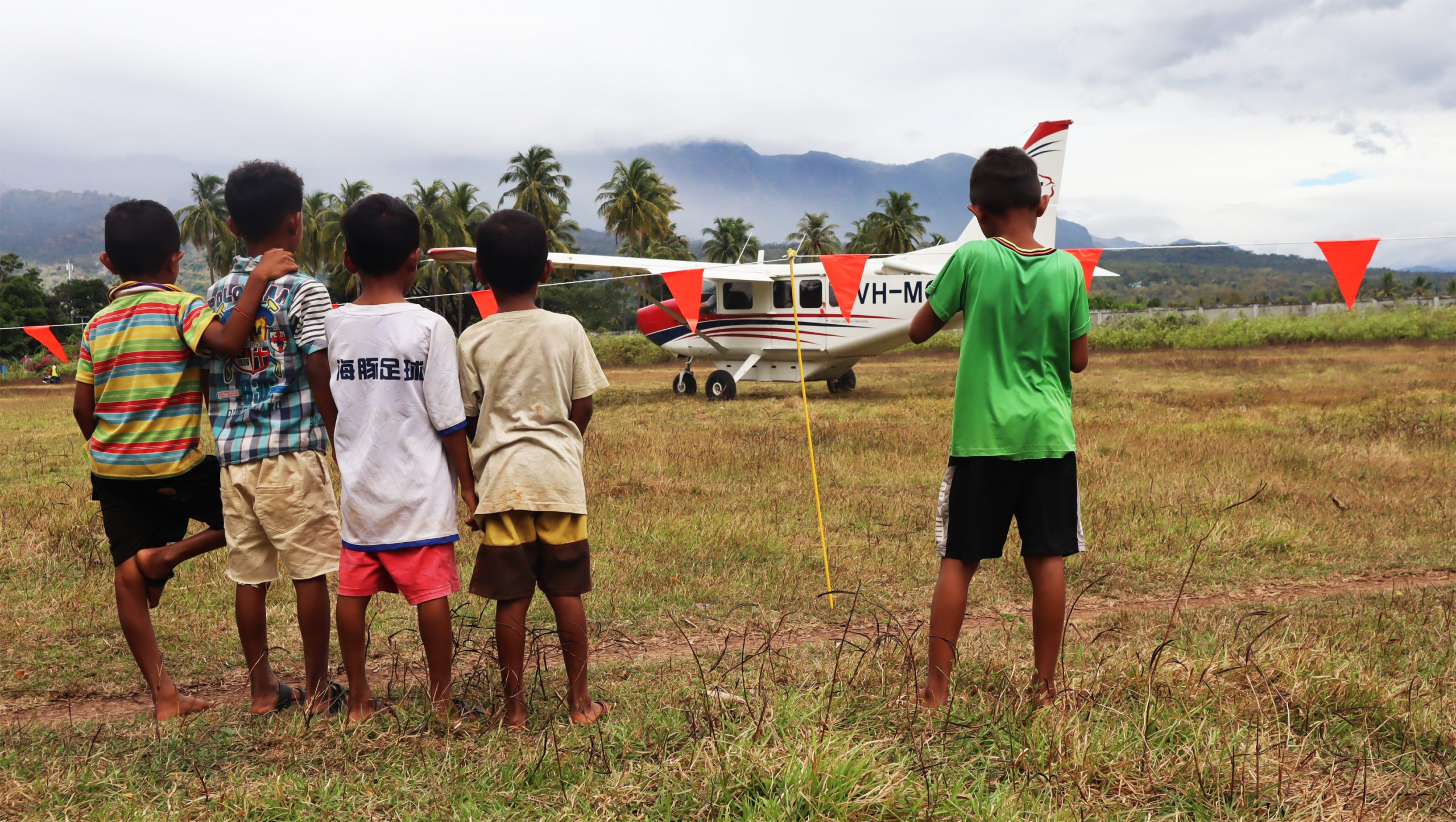
Reimagining rural healthcare in Timor-Leste: from the sky up.
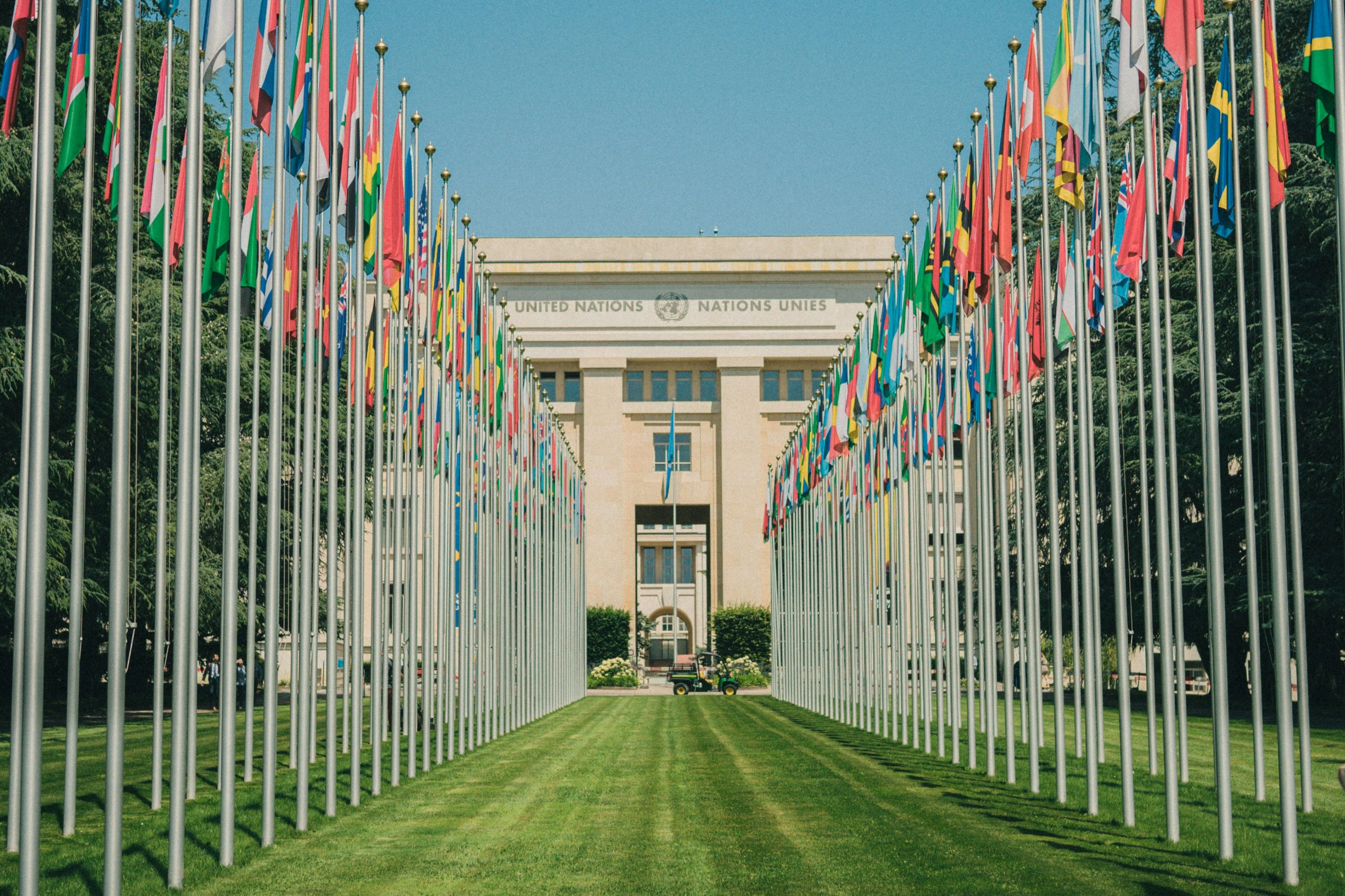
In the wake of 2025’s global aid cuts, is philanthropy the next panacea for the United Nations?
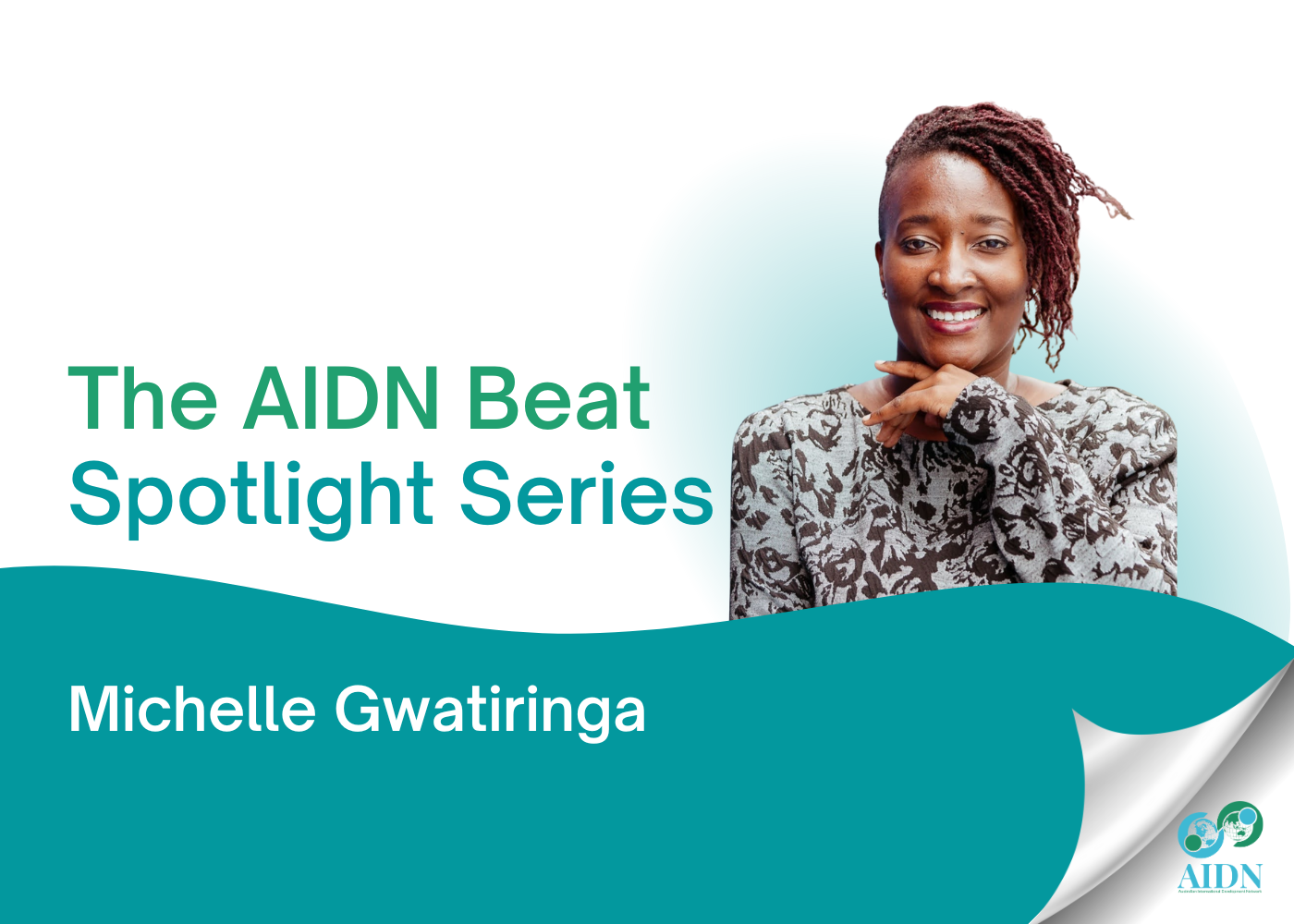
AIDN Beat Spotlight: Michelle Gwatiringa
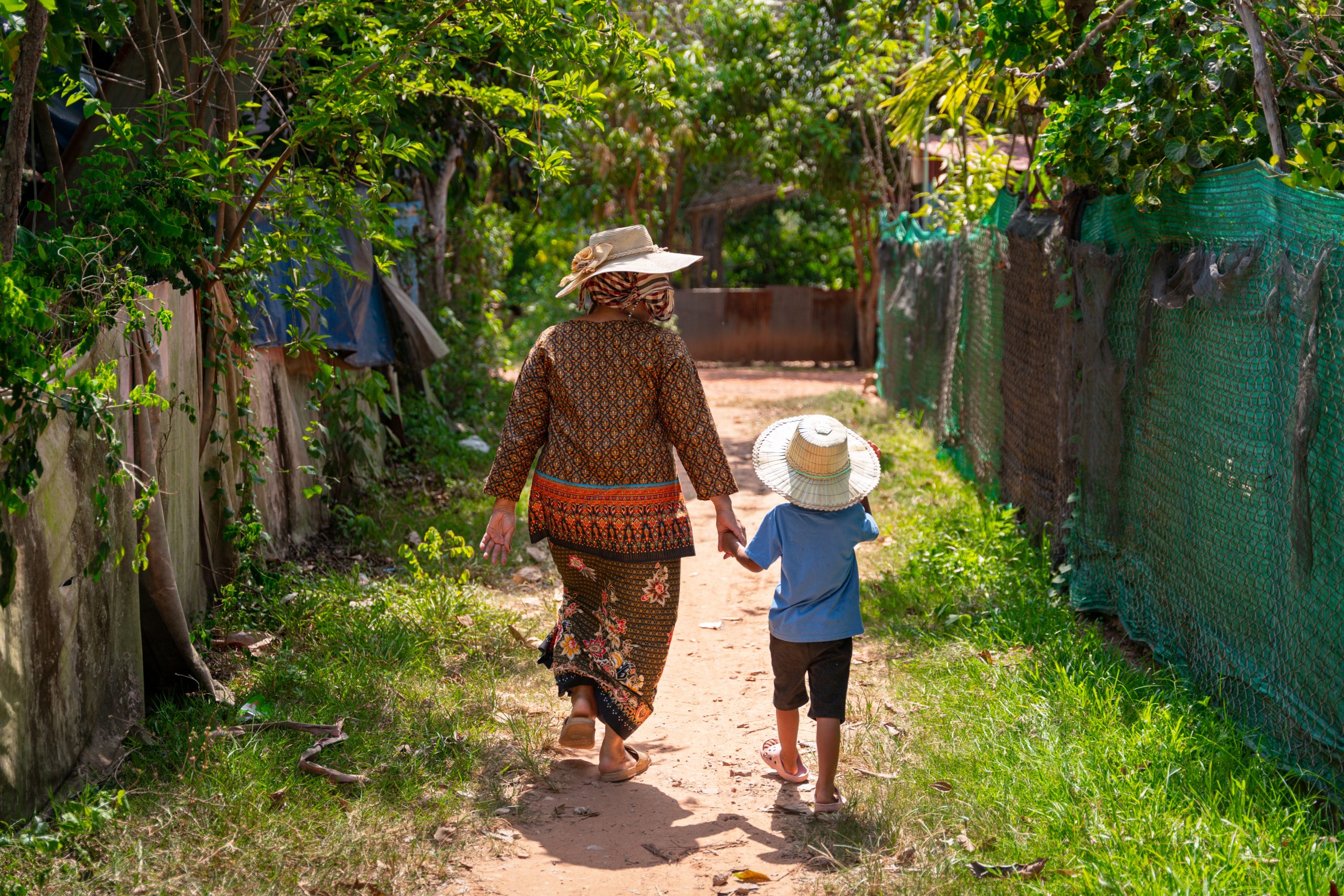
“What’s your Plan B?”: Cambodian civil society is fighting for sustainability amid a donor exodus.
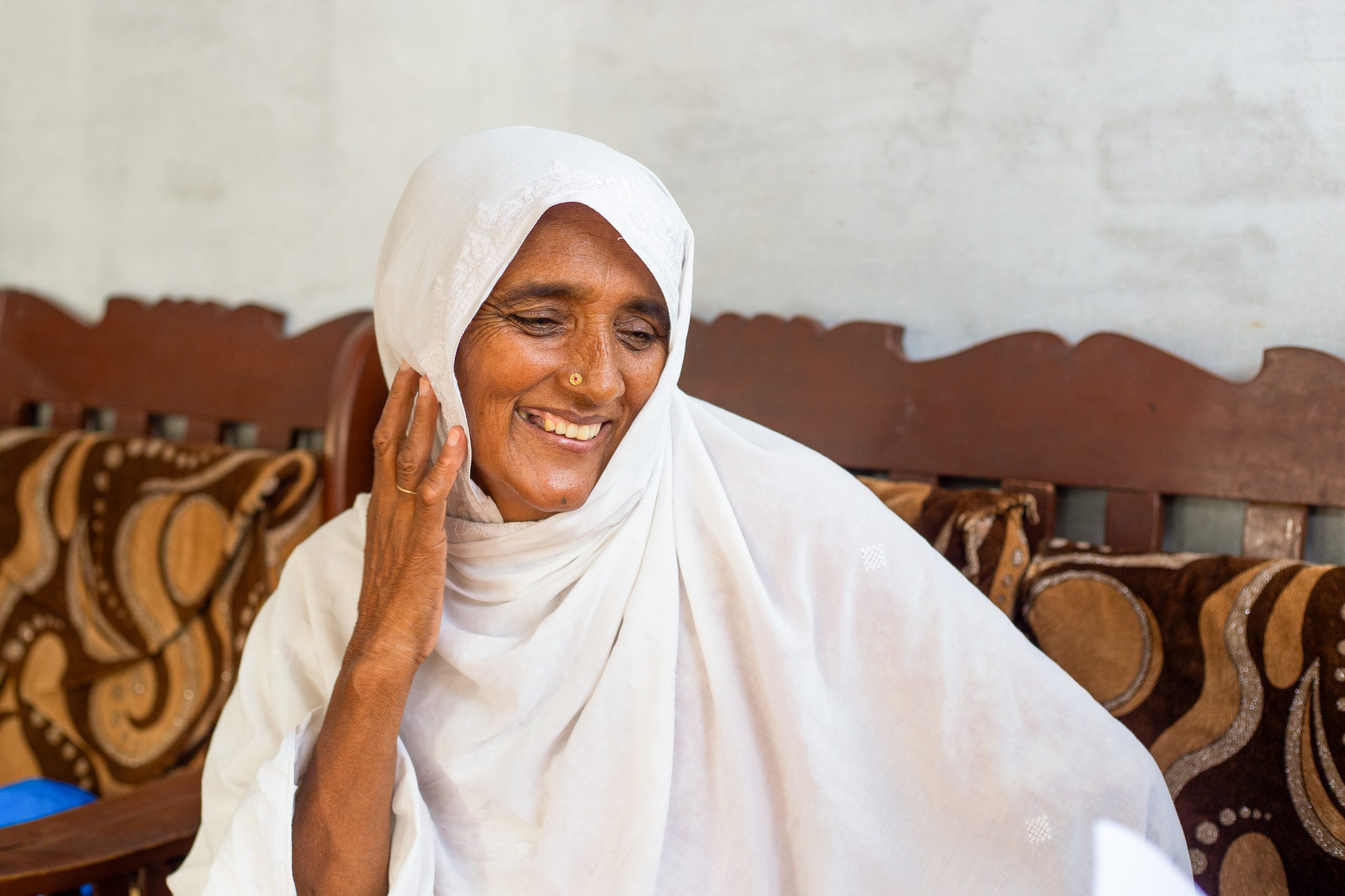
The overlooked link: Building climate resilience through reproductive healthcare.

